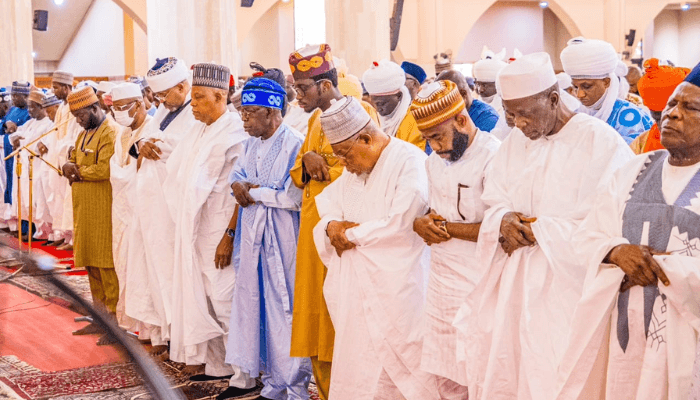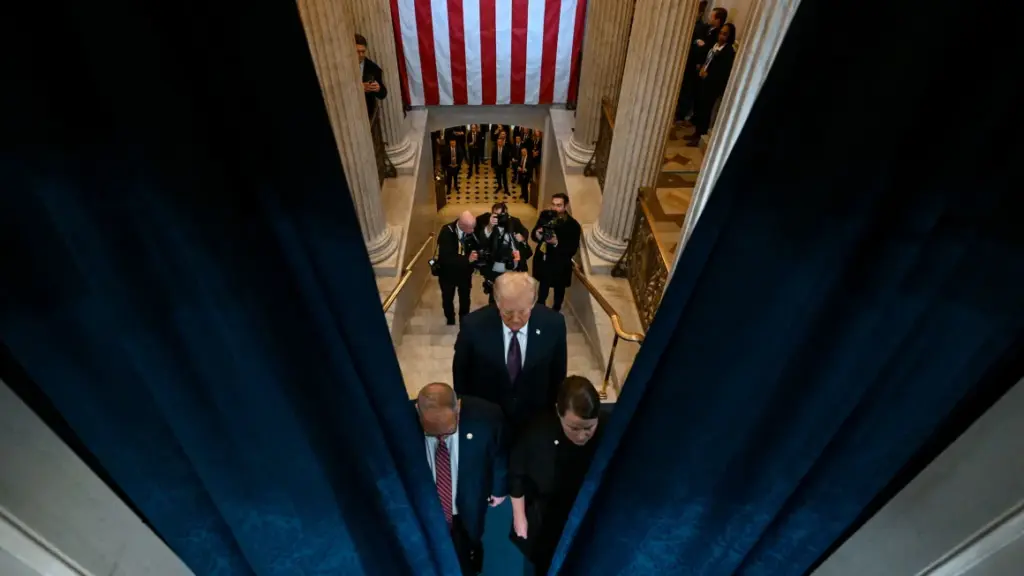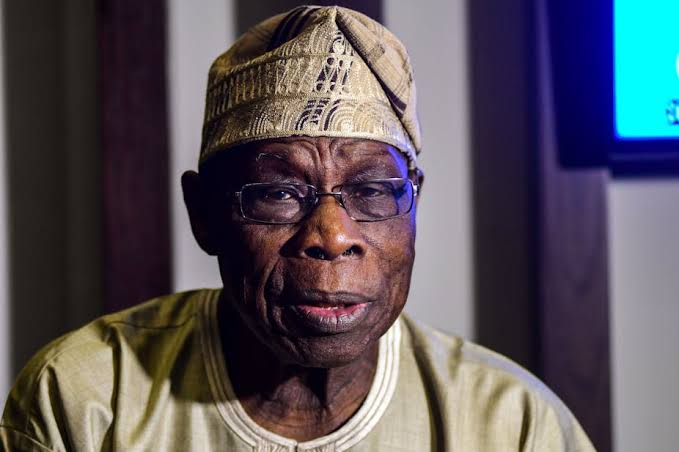SA’s GNU has failed its first test: Terence Corrigan

Politics tamfitronics
The Government of National Unity (GNU) in South Africa, while not Terence Corrigan’s first choice, now stands as a reality. Its success is critical not because it can reverse South Africa’s decline alone, but as a signal of course correction. Early signs are worrisome to Corrigan, especially with the appointment of controversial figures like Dr. John Hlophe to key judicial roles, undermining constitutional governance. The ANC’s decision to back such appointments, despite opportunities to oppose them, weakens the principles on which the GNU was founded. This troubling start raises concerns about the future stability and integrity of South African politics.
Sign up for your early morning brew of the BizNews Insider to keep you up to speed with the content that matters. The newsletter will land in your inbox at 5:30am weekdays. Registerhere.
Join us for BizNews’ first investment-focused conference on Thursday, 12 September, in Hermanus, featuring top experts like Frans Cronje, Piet Viljoen, and more. Get insights on electricity and exploiting SA’s gas bounty from new and familiar faces. Registerhere.
By Terence Corrigan*
I’ve made the point several times that while the Government of National Unity option was not my first choice, now that it’s a reality, I hope it succeeds.
My personal investment in it is not because I think it can turn South Africa’s decline around – a matter too large and complex for one administration to handle – but that it would signal course correction. Early signs do not inspire confidence.
Two elements of the GNU struck me as important. Firstly, the GNU’s statement of principles included a clear commitment to constitutionalism; secondly, it presented an opportunity to begin to reconfigure South Africa’s politics towards a more cooperative form – a difficult proposition to be sure, but a necessary one for the country’s future.
This does not imply suspending or even restraining criticism of the GNU or any of its positions. Quite the contrary: having embarked on this path, the parties in the GNU need to be held strictly accountable. If the GNU fails, it will deal a blow to constitutionalism and to the idea that parties can work across the aisle.
The stakes are especially high since the election delivered a 58-seat parliamentary presence for the uMkhonto weSizwe, a party that is unambiguously opposed to constitutional governance, along with 39 for the Economic Freedom Fighters, a party with (at best) an opportunistic approach to constitutionalism. Together, they constitute close to a quarter of the country’s representatives.
Grave concerns
For this reason, the recent appointment of parliamentary representatives to the Judicial Service Commission should raise grave concerns.
There has been no shortage of commentary about the appointment of Dr John Hlophe to this body, as a representative of MK, and for good reason. He has the dubious distinction of being one of only two judges to be impeached in South Africa since 1994 (the other is Nkola Motata). He had been accused of having attempted to influence judges of the Constitutional Court to deliver a judgement convenient to Jacob Zuma. He also attracted a great deal of attention for alleged conflicts of interest (the JSC itself came under criticism for having exonerated him) and for allegedly throwing racist invective at an attorney.
That he is now presiding over the appointment of judges is bizarre. That he is doing so on behalf of a party that rejects the very constitutional order that the judiciary is meant to oversee and protect is to my mind obscene. There is, however, an element of symmetry in that he will be taking up this position in a party driven by the man in whose interests he had sought to intervene 16 years ago, and which had in the end led to his impeachment.
However, it is important to understand that Dr Hlophe is not stepping into a position on this body unconditionally reserved by his party for him. While parties put forward their candidates, appointment to the JSC is enabled via a parliamentary vote.
Freedom Under Law Director Judith February lamented: “By designating an individual who has been found unfit to be a judge to the body responsible for the selection of judges, the National Assembly has fallen short of [its] duty.”
Decision of the ANC
She is correct in that the National Assembly as an institution failed, but it should be recorded that this was almost solely because of the decision of the ANC to back Dr Hlophe’s candidacy. MK and the EFF together – call them the anti-constitutionalists – could not have mustered the votes necessary.
Had the ANC chosen to vote with the likes of the Democratic Alliance and the African Christian Democratic Party, Dr Hlophe might have been excluded. In doing so, it would have sent a strong message that it was planting its flag on the hill of constitutional fealty and the rule of law.
Editorial comment in theMail and Guardiandescribed the ANC’s position as “the path of least resistance” and attributed it to fears of an internal revolt among its members. “The alternative,” it remarked, “was for the ANC to oppose the nomination and allow the Democratic Alliance to call for a division. But the party could not trust its members who would have preferred a pact with Zuma to one with the DA to follow the whip in a secret ballot. Hence the cop-out, probably at the direction of Luthuli House.”
In short, the largest party in the GNU has acted to embolden some of the worst elements of the country’s politics, and probably doubts the loyalty of many of its own members to the principles on which the GNU is supposedly based.
This is hardly an encouraging beginning.
Read also:
- ???? John Matisonn: We have a government! – How the President juggled the politics
- Ramaphosa’s unity cabinet: Strategic moves for South Africa’s future
- South Africa braces for cabinet battle in new coalition government
*Terence Corrigan is the Project Manager at the Institute, where he specialises in work on property rights, as well as land and mining policy.
This article was first published by Daily Friend and is republished with permission
Discover more from Tamfis Nigeria Lmited
Subscribe to get the latest posts sent to your email.



 Hot Deals
Hot Deals Shopfinish
Shopfinish Shop
Shop Appliances
Appliances Babies & Kids
Babies & Kids Best Selling
Best Selling Books
Books Consumer Electronics
Consumer Electronics Furniture
Furniture Home & Kitchen
Home & Kitchen Jewelry
Jewelry Luxury & Beauty
Luxury & Beauty Shoes
Shoes Training & Certifications
Training & Certifications Wears & Clothings
Wears & Clothings















